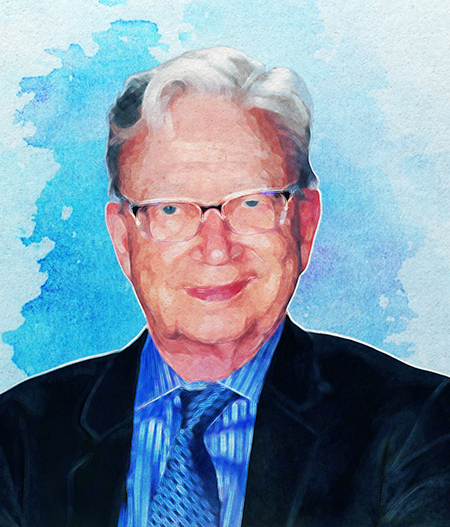 Ethics has become more important to navigate the risks associated with health, safety, and privacy in the COVID-19 pandemic. Employees are accountable for complying with policies to protect one another and customers. Wearing masks and maintaining six feet of distance requires discipline and respect. Monitoring employees working from home creates privacy issues, just as tracking COVID-19 contacts using smartphones can create privacy issues.
Ethics has become more important to navigate the risks associated with health, safety, and privacy in the COVID-19 pandemic. Employees are accountable for complying with policies to protect one another and customers. Wearing masks and maintaining six feet of distance requires discipline and respect. Monitoring employees working from home creates privacy issues, just as tracking COVID-19 contacts using smartphones can create privacy issues.
There will be long-term changes in the importance of responsible and authentic care for both employees and customers.
The CEO of Yum! Brands, the company behind KFC, Pizza Hut, and Taco Bell, gave up his 2020 salary to fund bonuses for general managers, as well as an employee medical relief fund to support franchise restaurant workers and corporate employees with a COVID-19 diagnosis or for those caring for an individual suffering from COVID-19. Companies such as Hormel, Walmart, and Kroger increased bonuses at a time when most organizations were eliminating employees. The way companies treat employees during the COVID-19 pandemic stands to define those organizations for years to come.
In the education arena, how do you balance health and safety versus educational needs versus economic viability? Businesses have had conflicts over when to open, whether to open, and when to go out of business. Big-box stores and online retailers have fared much better during the pandemic than smaller retailers such as restaurants, dry cleaners, and other service businesses. Retailers with both a brick-and-mortar and an online presence had an advantage, as online-only retailers faced inventory stockouts while brick-and-mortar retailers could tap into store inventory.
Companies such as Walmart, Home Depot and Walgreens were deemed essential and as such had the challenges of how to protect their workforce from infection and provide a safe shopping environment. To protect the safety of customers and associates, Home Depot shortened store hours to allow for more thorough sanitization, limited the number of customers allowed in the store at one time, installed plexiglass shields to separate customers from employees, supplied thermometers for team members to perform health checks before their shifts, and provided face masks and gloves to associates. The company also eliminated major promotions—no doubt taking a financial hit—to avoid driving unnecessary traffic to its stores.
Creating and maintaining an ethical organizational culture will become increasingly challenging. What will this look like in our evolving and transforming tele-workforce?
O.C. Ferrell
James T. Pursell Sr. Eminent Scholar in Ethics
Director
Center for Ethical Organizational Cultures
